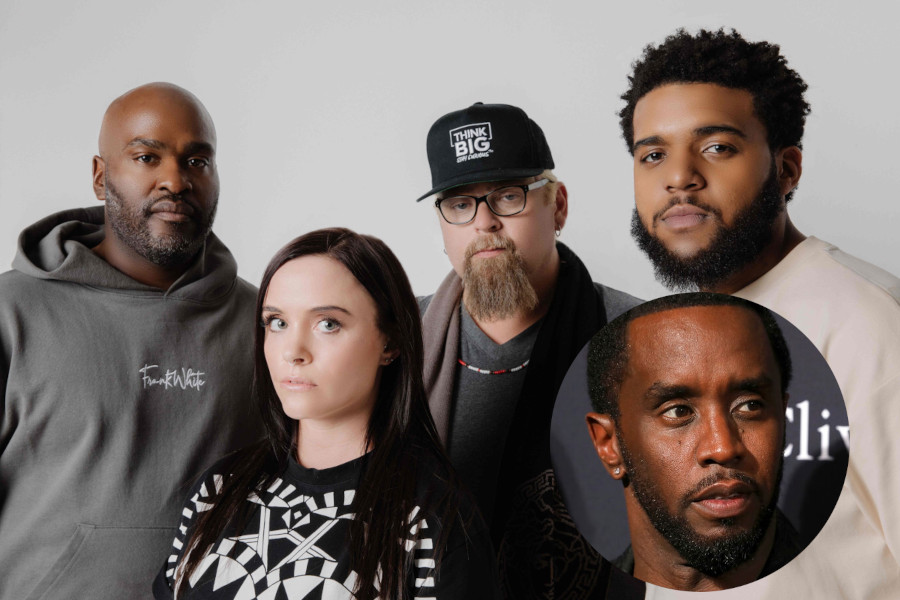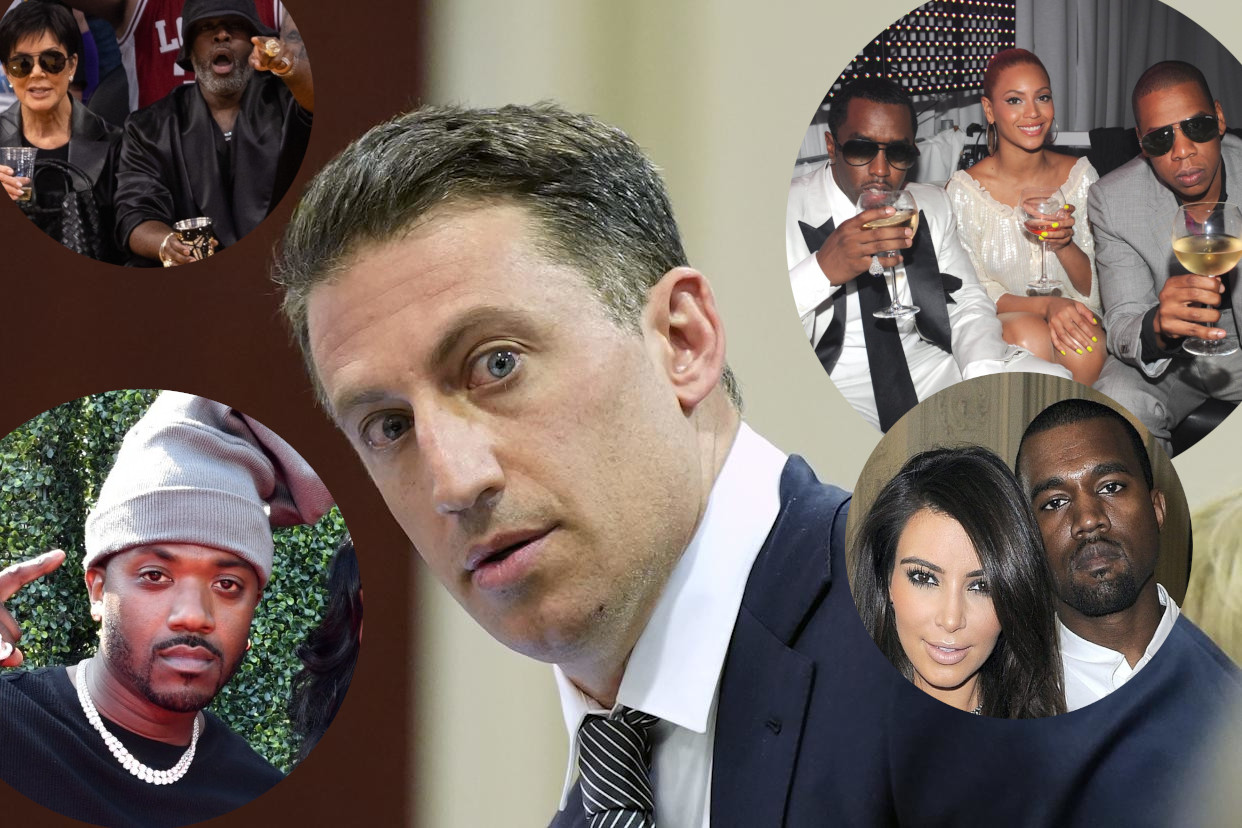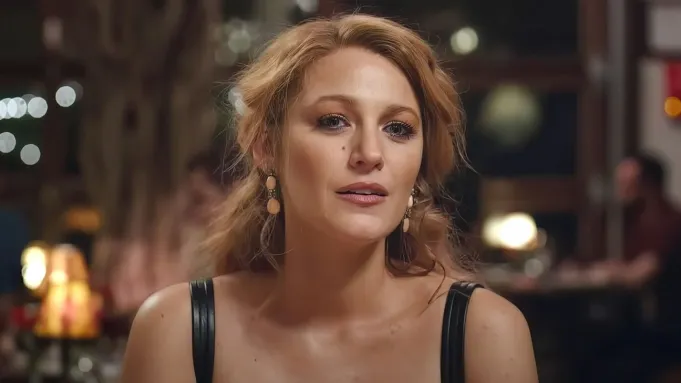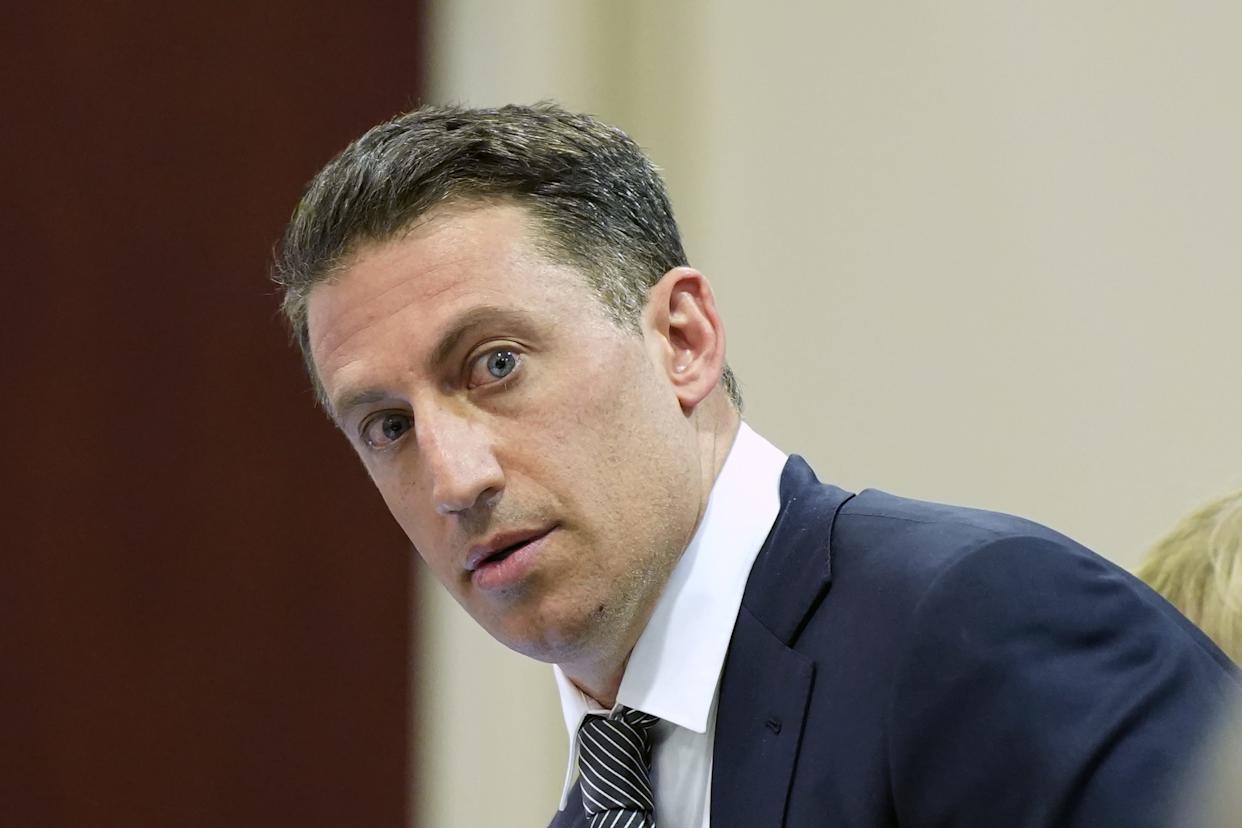One day in 2010, Sean "Diddy" Combs was in the kitchen of his Beverly Hills estate with his assistant, Capricorn Clark, when he called in his girlfriend, Casandra Ventura. What followed was a disturbing demonstration of his controlling behavior, as he issued commands for her to follow. This testimony from Clark, revealed during Combs' eight-week trial, offered a glimpse into the troubling dynamics that defined his relationship with Ventura, an R&B singer previously signed to his label.
Ventura’s lawyer emphasized that by stepping forward with her story, Ventura aimed to spotlight the long-standing patterns of abuse perpetuated by powerful men in the industry. Throughout their tumultuous relationship, she described instances of physical violence, coercion into drug-fueled sexual encounters, and emotional manipulation stemming from Combs’ significant age advantage.
The heart of the trial revolved around allegations that Combs had forced partners into elaborate sexual performances orchestrated by him, a narrative that ultimately led to his conviction on two counts of prostitution-related charges. Despite being acquitted of more serious accusations such as sex trafficking, the case raised pertinent questions regarding the accountability of influential figures in hip-hop.
In light of the trial's revelations, advocates and survivors within the music realm are now calling for a dedicated 'MeToo' movement within hip-hop, akin to the changes seen in Hollywood. Cristalle Bowen, a rapper, articulated the prevailing atmosphere of fear, where victims feel vulnerable in a system that protects powerful perpetrators while punishing those who dare to speak out.
The music industry contains countless accounts of harassment and abuse spanning across genres, but insiders allege that hip-hop is particularly plagued by a silence that shields abusers from repercussion. Caroline Heldman, co-founder of the Sound Off Coalition, pointed to a history that has permitted predators to operate with relative impunity, using legal agreements to silence victims further.
There are deeper societal currents at play, particularly within hip-hop culture, where race and gender intersect, complicating the conversation around abuse. Female survivors often fear that their accusations will reinforce negative stereotypes about black communities, while the genre itself, which began as a platform for resistance and representation, finds itself at odds with these new realities.
Despite the prevailing issues, recent legislative changes in states like New York and California, as well as Ventura's legal actions against Combs, signal a potential turning point where victims can seek justice for historical abuses. While Combs faces over 60 civil suits accusing him of drugging and assaulting various individuals, the challenge lies ahead in shifting the culture that enabled such abuses to persist.
As advocates and members of the hip-hop community confront these circumstances, they echo the urgent need for industry-wide accountability, emphasizing the importance of creating safe environments. The hope is that tangible changes will follow, ones that not only call out individual perpetrators but also work to reform the systemic issues entrenched within the culture.
While some have begun to reckon with the intricacies of their own complicity, questions linger regarding the broader impact of Combs' case. Will the outcome foster a cultural shift within the hip-hop community, or will it be viewed as an isolated incident that fails to address the underlying issues? With calls for new reporting requirements and structural changes in the industry, the path forward will be critical in defining how hip-hop addresses the legacy of sexual abuse that has long been woven into its fabric.




















